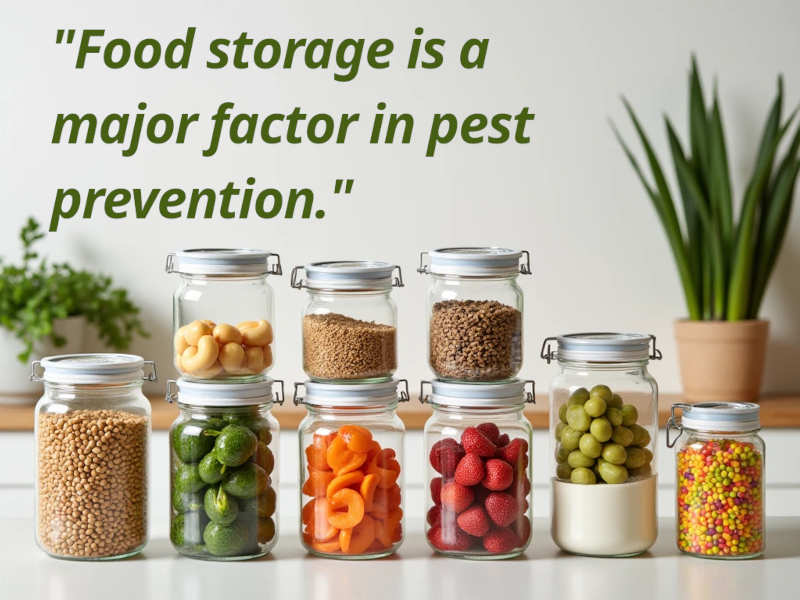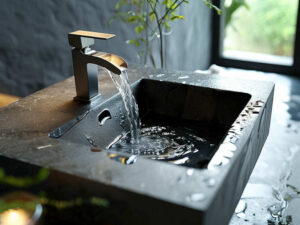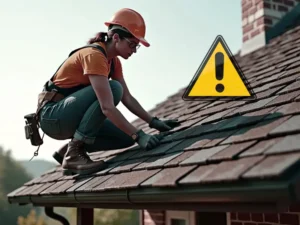Tips for Preventing Pest Infestations in Your Home

4 minute read time
Introduction
Pest infestations are more than just a nuisance—they can cause health problems, damage your property, and even lead to costly repairs. Common culprits like ants, cockroaches, rodents, and spiders thrive in unkempt spaces. Luckily, preventing pests is simple when you know what to do. In this guide, you’ll learn practical tips to keep pests out and your home pest-free.
Below are actionable steps to take to prevent pests from invading your home. Key points include maintaining cleanliness, sealing cracks, eliminating moisture, storing food securely, and keeping your yard well-maintained. Natural repellents like peppermint oil and vinegar can be effective deterrents, while humane traps offer safe removal options. Regular inspections and professional pest control services ensure long-term success. By implementing these practical tips, homeowners can enjoy a safe, pest-free environment. Read on for more details.
1. Keep Your Home Clean and Organized
A clean home is the first line of defense against pests.
- Regular Cleaning: Sweep, mop, and vacuum often to remove crumbs, dust, and other debris pests love.
- Declutter: Piles of clutter create perfect hiding spots for pests. Go through storage areas, closets, and the basement to keep these spaces tidy.
- Trash Management: Use a trash can with a secure lid and empty it regularly. Don’t let food scraps sit in your bin for long periods.
- Wash Utensils: Avoid leaving dirty dishes or utensils in the sink overnight. Pests are drawn to leftover food.
2. Seal Entry Points and Cracks
Pests can squeeze into the smallest gaps, so sealing entry points is essential.
- Inspect for Cracks: Check walls, baseboards, and foundations for gaps or holes. Use caulk to seal these areas.
- Weatherproof Doors and Windows: Install door sweeps and weather stripping to block entry. Repair or replace torn window screens.
- Secure Vents and Chimneys: Use fine mesh screens to prevent pests from entering through ventilation systems.
3. Eliminate Standing Water and Moisture
Pests thrive in damp environments.
- Fix Leaks: Check for leaks in faucets, pipes, and appliances, and repair them promptly.
- Drain Standing Water: Empty plant saucers, unclog drains, and avoid leaving water in pet bowls overnight.
- Clean Gutters: Clogged gutters can cause water to pool, attracting mosquitoes and other pests.
4. Store Food Properly
Food storage is a major factor in pest prevention.
- Use Sealed Containers: Keep grains, cereals, and other pantry staples in airtight containers.
- Clean Food Prep Areas: Wipe down counters and sweep floors after meals to eliminate crumbs.
- Pet Food Storage: Store pet food in sealed containers and clean bowls daily.
5. Regular Yard Maintenance
Your yard can be a gateway for pests into your home.
- Trim Plants: Keep bushes, shrubs, and tree branches trimmed and away from your home’s exterior.
- Remove Yard Clutter: Clear out piles of leaves, branches, or other debris where pests might hide.
- Keep Firewood Away: Store firewood at least 20 feet from your home and off the ground.
6. Use Natural Deterrents and Repellents
Natural solutions can be a safe and effective way to repel pests.
- Peppermint Oil: Sprinkle a few drops near entry points to deter rodents and insects.
- Vinegar Sprays: Use vinegar to clean surfaces and disrupt ants’ scent trails.
- Diatomaceous Earth: Sprinkle this natural powder in corners and along baseboards to kill insects without harsh chemicals.
7. Trapping and Removing Pests Safely
If pests make their way inside, humane removal is an option.
- Humane Traps: Use traps designed to catch pests without harming them, then release them outdoors.
- Safe Handling: Always wear gloves when handling traps or pests to avoid direct contact.
- Professional Help: For larger infestations, call pest control experts for safe removal.
8. Schedule Regular Maintenance and Inspections
Prevention is ongoing, and routine checks keep your home pest-free.
- Regular Inspections: Check your home for pest activity at least once every quarter. Look for droppings, nests, or damage.
- Pest Control Services: Professionals can provide thorough inspections and preventative treatments.
Preventing pests doesn’t have to be overwhelming. With regular cleaning, proper food storage, sealing entry points, and yard maintenance, you can significantly reduce the risk of infestations. Natural deterrents and regular inspections add an extra layer of defense. By following these tips, you’ll keep your home clean, comfortable, and pest-free year-round.







